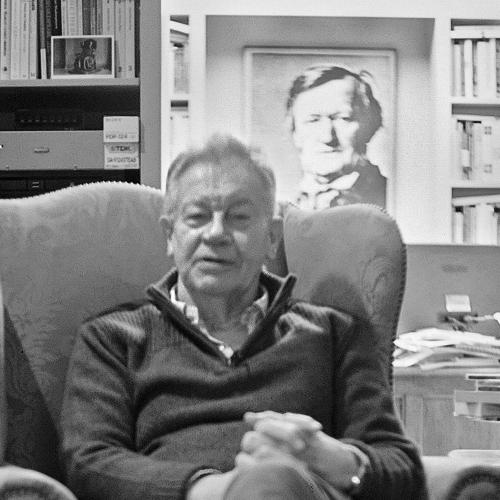COMPOSERS: Beethoven
LABELS: DG
ALBUM TITLE: Beethoven
WORKS: Complete Symphonies
PERFORMER: Berlin PO/Claudio Abbado
CATALOGUE NO: 477 5864
This could be confusing. In 1984 Claudio Abbado recorded the complete Beethoven symphonies with the Vienna Philharmonic (he had previously recorded some individual ones) in a style that was traditional and with no remarkable insights. Then in 2000, having radically rethought his relationship to them, and in the light of Jonathan Del Mar’s new edition, he recorded the cycle with the Berlin Philharmonic, in a completely different style. The next year in Rome he recorded them again, this time for DVD, and it is these performances, re-edited, which appear in this new set, apart from the Ninth which is the same as in the previous CD set. In the short time between his second and third recordings, as Abbado explains in an interview in the booklet, he deepened his understanding of the new artistic policies that he was putting into practice. No doubt, too, he was dragging the Berlin Philharmonic, sometimes unwillingly on the players’ part, to play in a way utterly unlike any they had employed before. One could say, briefly but not inaccurately, that this is the antithesis of Karajan. Where he was smooth, this is rugged. Where he went in for broad tempos in slow movements, Abbado moves things along, without anything that we would recognise as a real adagio in the whole series. Where Karajan was positively addicted to legato, Abbado mainly persuades the Berliners to play in a more explosive, sometime more jagged way. Yet this very great orchestra always produces a richness of tone which no amount of new-fangled edginess can eliminate.The result is an almost unqualified success. No set of the symphonies is ideal throughout, but there is no modern set that I would rather hear than these. In such hugely disparate works as the consecutive Third and Fourth symphonies he is equally persuasive. No one succeeds in the Ninth in the way that Furtwängler did, and I shall not abandon my loyalty to him and to Klemperer, Walter, or either Erich or Carlos Kleiber. Listening to Abbado’s set vouchsafes different insights, but it really does make you hear these works afresh, and no lover of Beethoven can fail to revel in and learn from it. Michael Tanner
